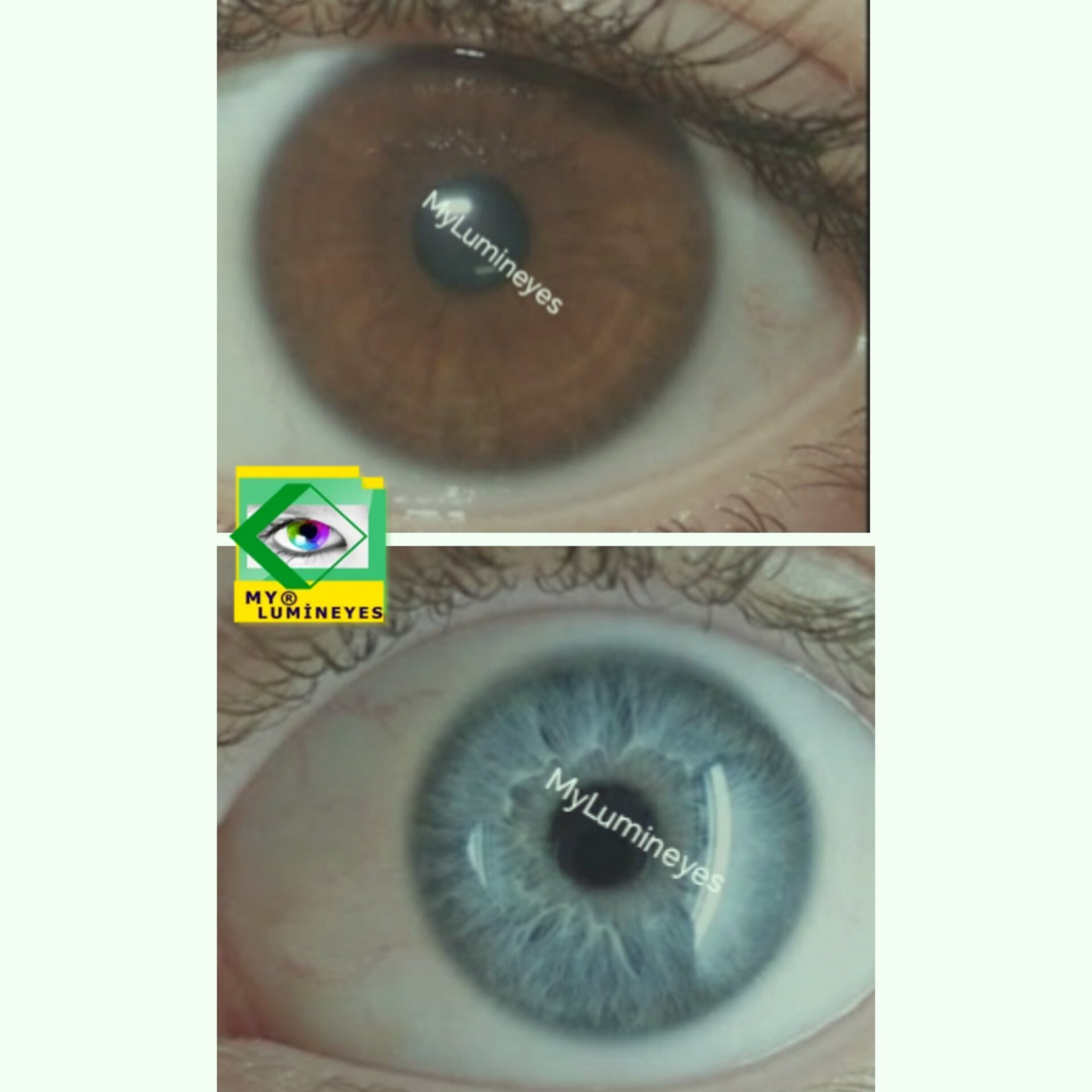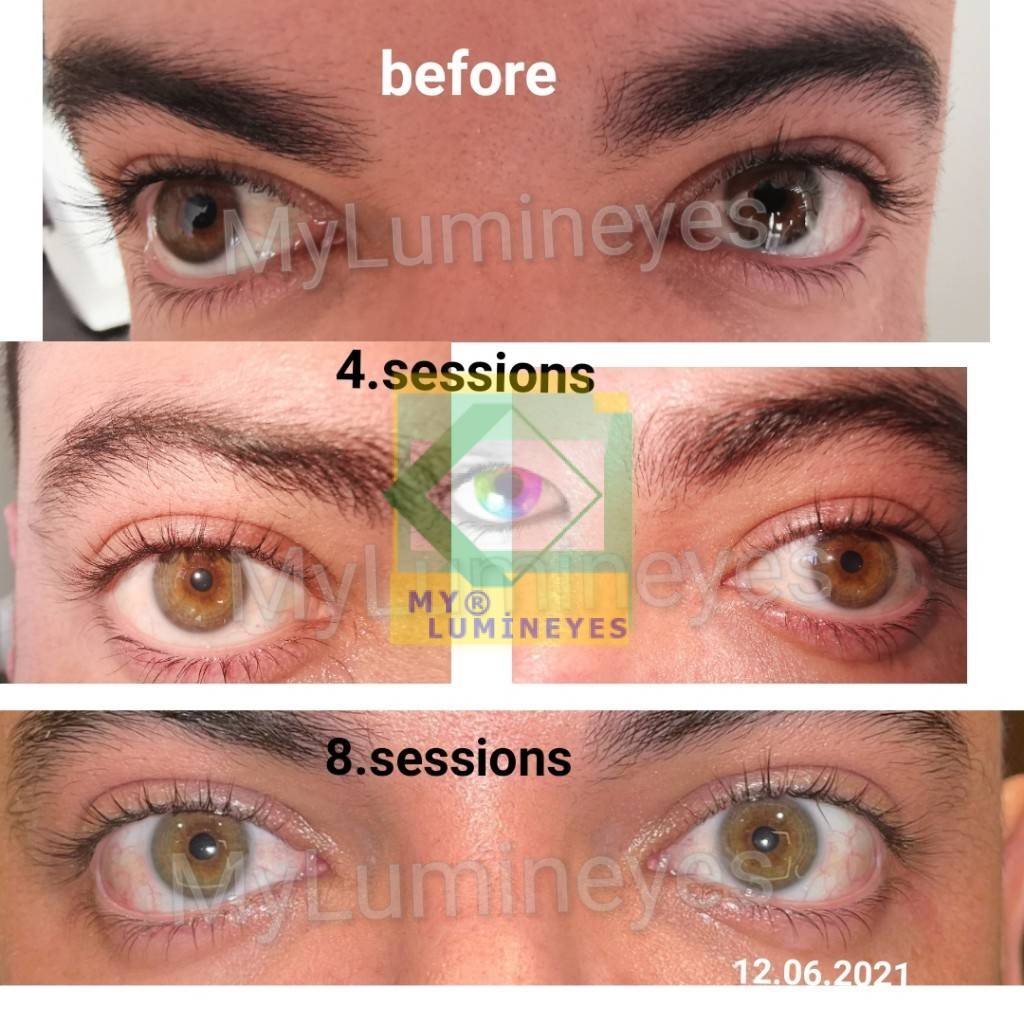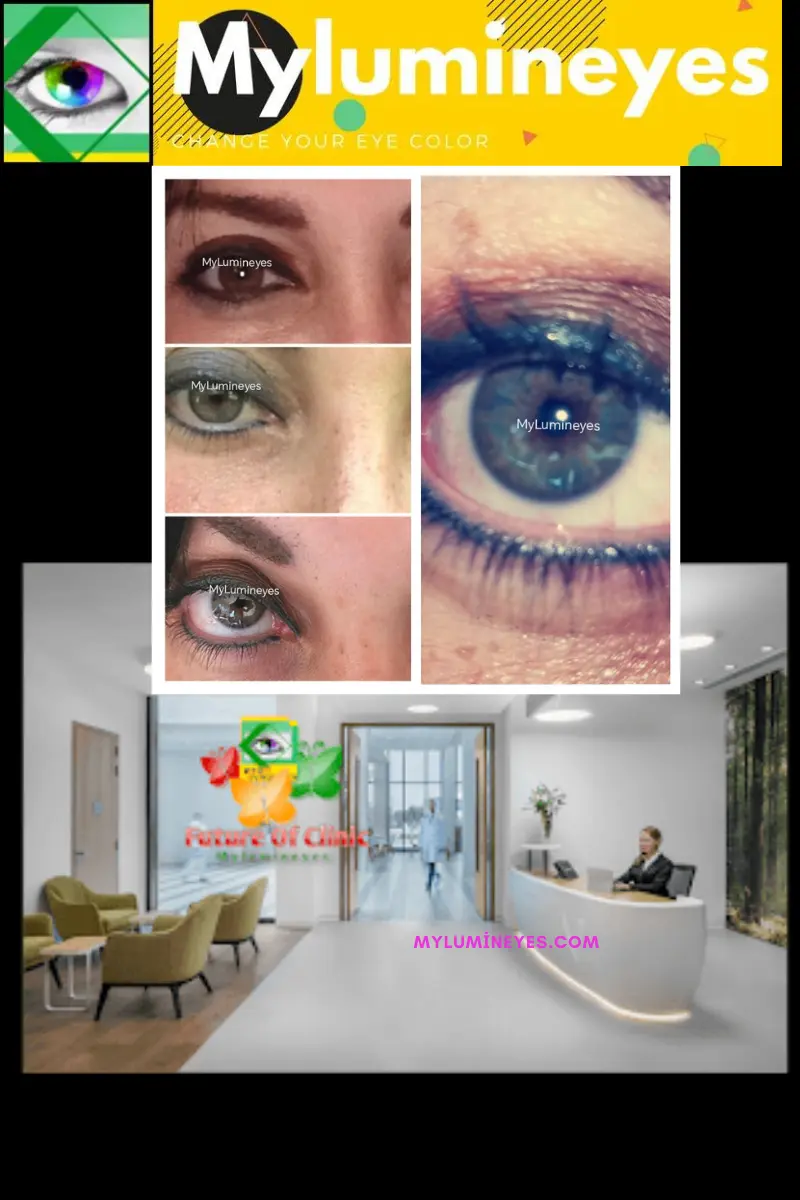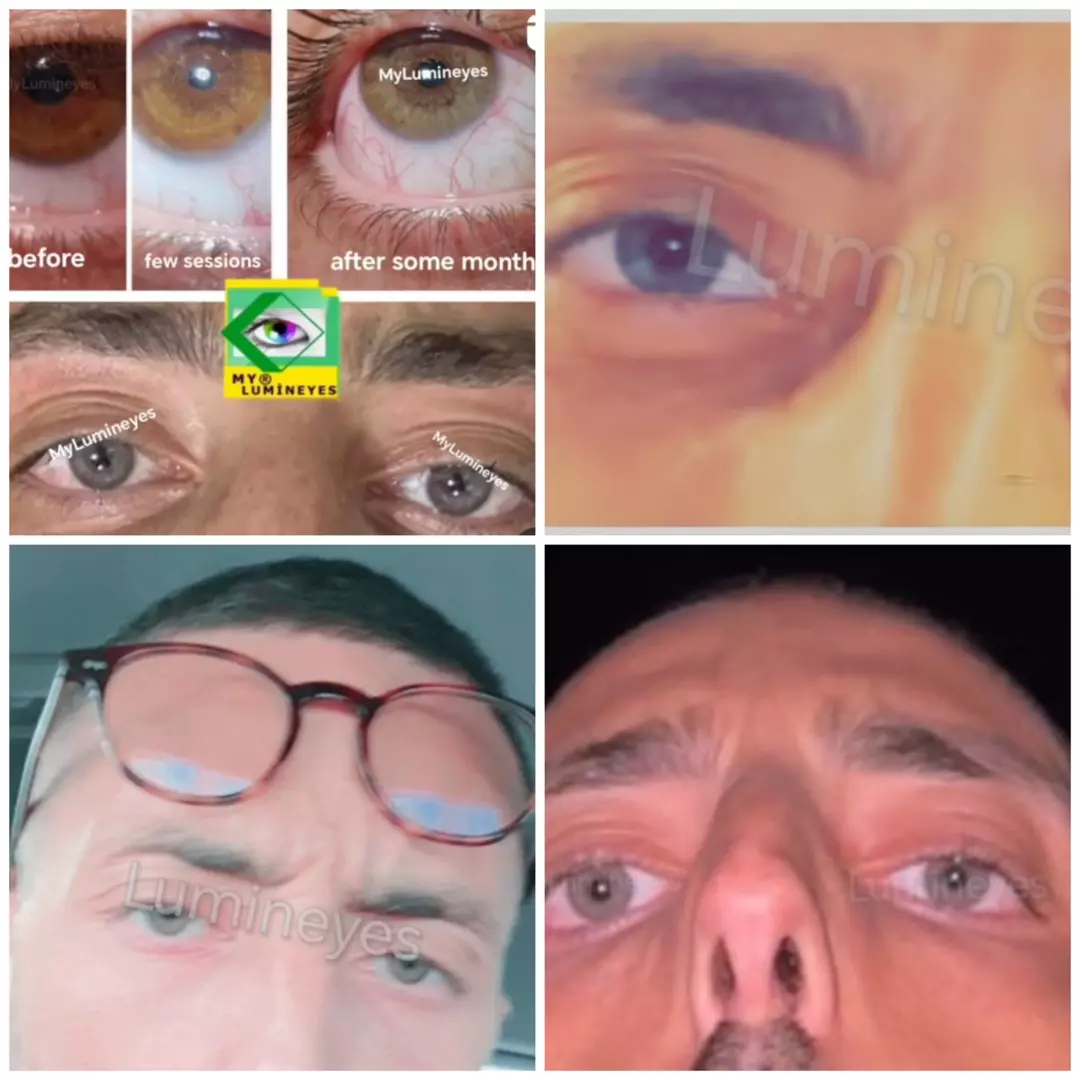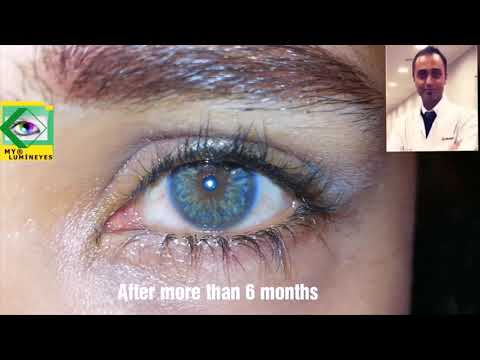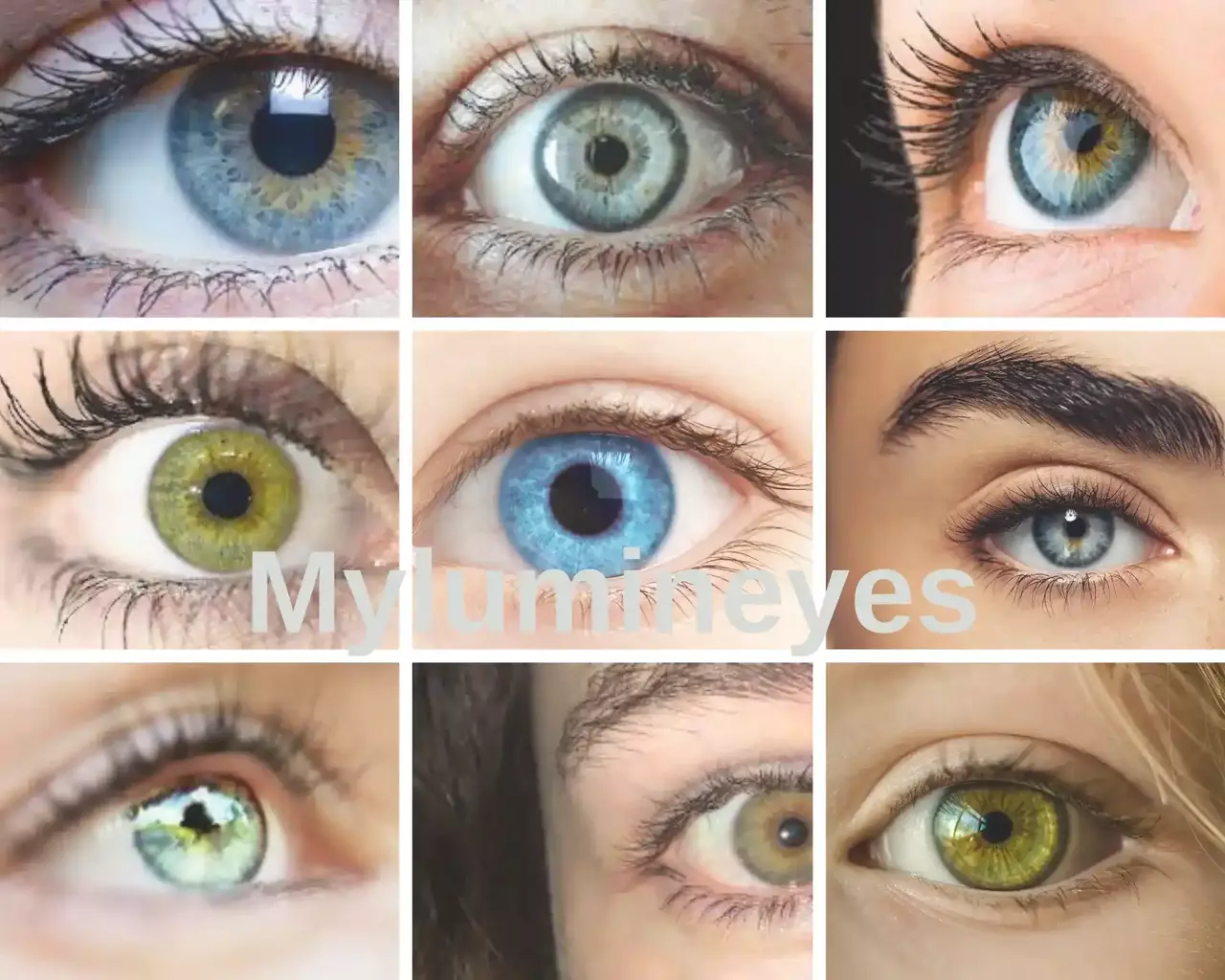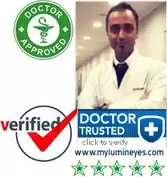Eye doctor near me and eye exam cost
The “Mylumineyes Laser Eye Color Change Clinic” website has optometrists, ophthalmologists, and well-known retail vision shops, allowing you to locate an eye doctor near me. Ophthalmologists and optometrists are the two primary categories of eye physicians. Not sure who does what or who they are? Also, you might need an optician, an optometrist, or an ophthalmologist. What are the differences between them? Optometrists, opticians, and ophthalmologists are all very important in eye care, even though only ophthalmologists are officially eye doctors.
Understanding the differences between an ophthalmologist, an optometrist, and an optician is of utmost importance.
Opticians are highly trained experts in the field of eyewear installation, specifically spectacles and contacts, with the goal of improving individuals’ visual acuity. Optometrists conduct thorough examinations of patients’ eyes, accurately diagnose any issues, and provide appropriate treatment. Are you open to arranging an eye examination in my area?
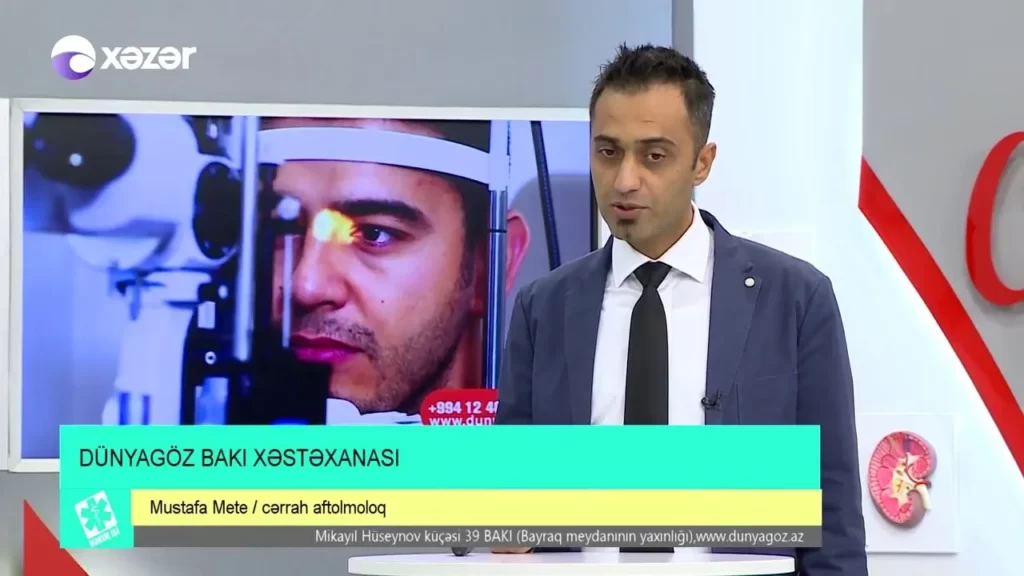
Ophthalmologists are eye physicians who treat medical and surgical eye disorders. A medical or osteopathic physician who specializes in eye and vision treatment is an ophthalmologist. The Ophthalmologists vary from optometrists and opticians in their degrees of education and diagnostic and therapeutic capabilities.
In order to embark on a profession in medicine and surgery, individuals must complete a rigorous educational path lasting 12–14 years, which includes attending medical school. Intensive training is essential for one to become an ophthalmologist. Ophthalmologists possess enhanced training in comparison to optometrists and opticians, which empowers them to proficiently identify and treat a broader spectrum of eye ailments. In addition to differing levels of education, the three categories of eye health professionals are also distinguished by their respective roles.
Opticians need the least amount of training, just a year or two following high school graduation.
After completing a four-year undergraduate degree, optometry school takes around four years to complete. After earning a bachelor’s degree, an ophthalmologist must complete around eight years of medical school.
What is the function of an ophthalmologist or eye doctor near me?
Ophthalmologists are medical practitioners with medical school training. They are capable of diagnosing and treating any condition that affects your eyes and vision, as well as performing eye surgery. People often refer to ophthalmologists as “eye surgeons.” An ophthalmologist is a medical or osteopathic physician who specializes in eye and vision care.
Ophthalmologists are required to complete much longer training years than optometrists and opticians.
Consequently, ophthalmologists are able to identify and treat a vast array of eye disorders. One must effectively finish both medical school and an ophthalmology residency program if one wants to work as an ophthalmologist.
These ophthalmologists have completed minimum four years of further medical education in addition to a Bachelor’s degree.When your optometrist or eye doctor advises corrective lenses, you will work with them to choose the best ones. In order to become an ophthalmologist, you must successfully finish both medical school and a training program in ophthalmology. These ophthalmologists have at least a bachelor’s degree and at least four years of additional medical study.When your optometrist or eye doctor suggests contact lenses, you will work with them to choose the best ones.
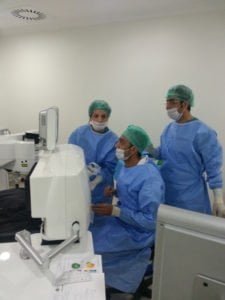
What is an optometrist exactly?
Optometrists are not physicians. The Optometrists are awarded a doctor of optometry (OD) degree and attend optometry school as opposed to medical school. Optometrists diagnose and treat a wide variety of common eye illnesses and visual issues. Optometrists are unable to do surgery.
The Optometrists conduct eye examinations and vision tests, prescribe and deliver corrective lenses, identify eye abnormalities, and provide treatments for eye disorders. Many individuals misunderstand the roles of an optometrist with an ophthalmologist. Optometrists are not medical physicians. Instead, individuals get a doctor of optometry (OD) degree by completing a minimum of three years of undergraduate education and four years of optometry school.
What type of eye care specialist do you need?
The appropriate course of action will vary based on the specific symptoms and conditions that require therapy.
Regularly, it is likely that you will see an optometrist for a standard eye examination. Furthermore, they possess the capability to diagnose and provide treatment for the most prevalent eye conditions.
Consulting an ophthalmologist is a prerequisite for undergoing eye surgery. Furthermore, they have the capability to offer comprehensive eye care services, including doing comprehensive eye examinations and prescribing glasses and contact lenses.
Opticians commonly work along with optometrists and ophthalmologists. The optometrist will assess the suitability of your eyeglasses or contact lenses and provide guidance on their correct usage.
Eye Care by Ophthalmologist-eye doctor near me:
They graduated from medical school. Then, they participated in a one-year internship and a five-year residency. Occasionally, a 1- to 2-year fellowship follows.
They provide comprehensive eye treatment, including:
- Vision care, including eye examinations
- Care for the eyes, including glaucoma, iritis, and chemical burns
- Surgical eye treatment for injuries, strabismus, cataracts, glaucoma, and other conditions.
- Diagnosis and treatment of eye disorders caused by illnesses such as diabetes or arthritis.
- Plastic surgery: to correct drooping eyes and wrinkles.
Choosing the best local eye doctor near me
Consider a candidate’s overall credentials, experience, services provided, and patient happiness when selecting an eye doctor. Both optometrists and ophthalmologists must be qualified by a reputable medical school and licensed by their state’s optometry board or medical board.
Eye exam near me
It is possible to maintain good eyesight at any age. Contact us to arrange a screening or eye test near me. Many eye illnesses that cause vision loss—glaucoma, macular degeneration, cataracts, diabetic retinopathy—have few or limited symptoms until they have advanced noticeably. In many circumstances, early identification and therapy are absolutely vital to stop or slow down the course of the disease and preserve visual function.
Beyond determining your prescription for contact lenses or spectacles, a full eye checkup includes Regular eye exams are crucial for maintaining good eye health. Whether you know your age or not, a complete eye exam may help you maintain clear, unimpeded vision. You may be aware that a nutritious diet and regular physical activity are beneficial for your health, but did you know that they may also be beneficial for your eyes?
To book an eye exam at “My Lumineyes Laser Eye Center,” call Professional Vision now.
WE diagnose and treat eyesight issues such as:
- impaired eyesight
- Eye muscle issues
- Refractive defects
- Visual field issues
- Color vision difficulties
- Retinal problems
- difficulties with pupil dilatation
- Glaucoma
- Cataracts
- Eyelid disorders

Cost of a Local Eye Exam near me
Occasionally, insurance coverage may cover an eye exam. They are considered preventive treatment and only need a nominal copayment from the insured. Some individuals are required to acquire additional vision insurance coverage.
We provide complete eye examinations using cutting-edge equipment, and we take the time to listen to your story and build a detailed picture of your ocular and medical history.
How frequently should you have your eyes tested as you age?
Routine eye exams are necessary to retain eyesight.
Many vision insurance policies pay all or a portion of the cost of these tests. Even if you feel healthy, have no signs of vision difficulties, do not use glasses or contacts, and have no history of eye illness in your family, it may be prudent to get your eyes examined.
- Before 40 years of age: every two to four years
- From 40 to 54 years: once every one to three years
- From 55 to 64 years of age, every one to two years
- Approximately every 6 to 12 months after age 65
In our department, what diseases do we diagnose and treat?
- Refraction – Defects in refraction
- Strabismus – Strabismus is a type of strabismus.
- Amblyopia – Lazy eye
- Glaucoma is a type of eye pressure uveitis.
- Cataract
- Age-related macular degeneration, retinal and vitreous illnesses
- Diabetes-related retinopathy
- Retinopathy due to hypertension
- Detachment of the retina
- Diseases of the oculoplasty valve
- system of tears

